
Still no justice for victims of MH17
In 2014, 298 people on a passenger jet were killed when an anti-aircraft missile targeted them as they passed over Ukraine. Scott Pelley reports on the details of the flight and the investigation that's followed.
Watch CBS News

Scott Pelley, one of the most experienced and awarded journalists today, has been reporting stories for 60 Minutes since 2004. The 2024-25 season is his 21st on the broadcast. Scott has won half of all major awards earned by 60 Minutes during his tenure at the venerable CBS newsmagazine.
As a war correspondent, Pelley has covered Ukraine, Afghanistan, Iraq, Syria and Sudan. On Sept. 11, 2001, he was reporting from the World Trade Center when the North Tower collapsed. As a political reporter, Scott has interviewed U.S. presidents from George H.W. Bush to President Biden.
Scott has won a record 51 Emmy Awards, four Alfred I. duPont-Columbia Silver Batons and three George Foster Peabody Awards.
From 2011 to 2017, Scott served as anchor and managing editor of the "CBS Evening News." By 2016, Pelley had added 1.5 million viewers, the longest and largest stretch of growth at the evening news since Walter Cronkite.
Pelley is the author of "Truth Worth Telling: A Reporter's Search for Meaning in the Stories of Our Times" (Hanover Square Press, 2019) in which he profiles people, both famous and not, who discovered the meaning of their lives during historic events of our times.
Pelley began his career in journalism at the age of 15 as copy boy at the Lubbock (Texas) Avalanche-Journal newspaper. He was born in San Antonio and attended journalism school at Texas Tech University. Scott and his wife, Jane Boone Pelley, have a son and a daughter.

In 2014, 298 people on a passenger jet were killed when an anti-aircraft missile targeted them as they passed over Ukraine. Scott Pelley reports on the details of the flight and the investigation that's followed.

The consensus view of the CIA, NSA, FBI and a Senate investigation is that Russians interfered in the 2016 election. But those findings don't line up with the ever-evolving story President Trump has been telling about Ukraine.
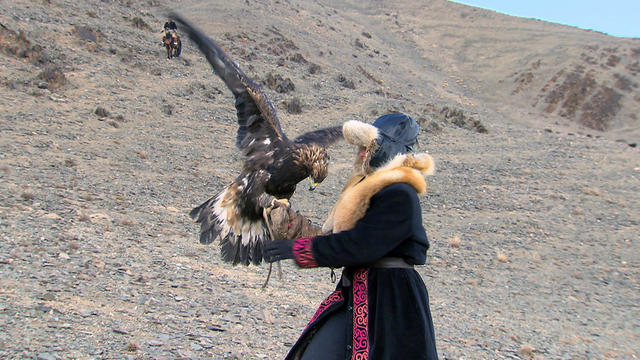
In the Mongolian steppe, hunters partner with golden eagles to catch game. When Lauren McGough found out about it she said, "I have to see it. I have to do it."
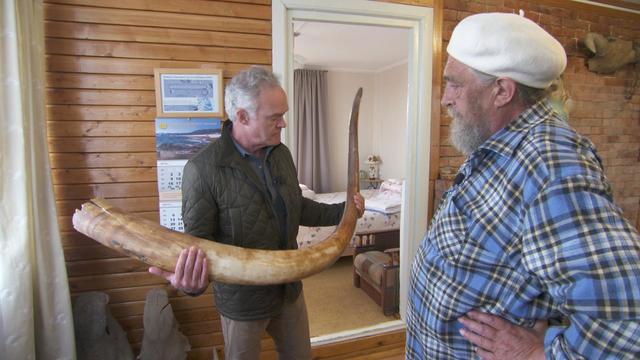
With Arctic permafrost thawing too quickly, scientists in Siberia are considering drastic measures

In the northern highlands of Ethiopia stand 11 churches that the Ethiopian Orthodox Church says were built by angels
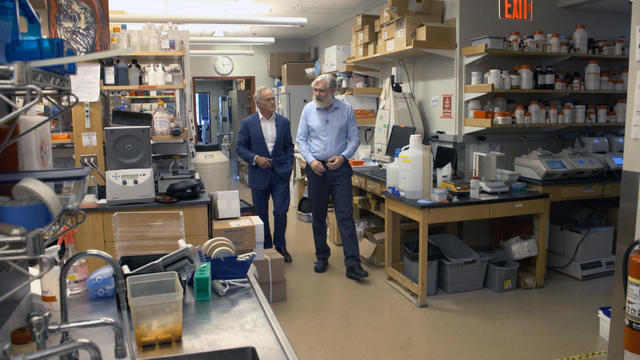
George Church's lab at Harvard Medical School is working to make humans immune to all viruses, eliminate genetic diseases and reverse the aging process. Scott Pelley reports on how close the geneticist's team is to a breakthrough.
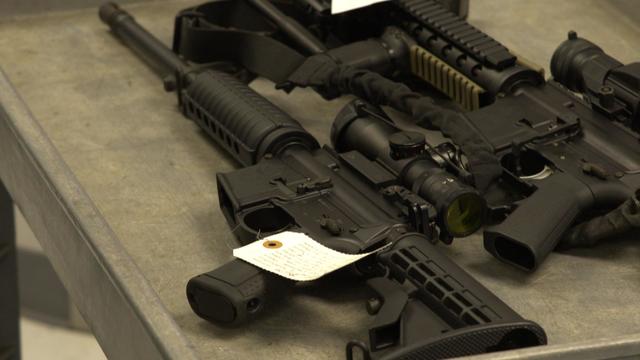
Red Flag gun laws allow temporary confiscation of firearms if a gun owner displays dangerous or threatening behavior. The laws have been adopted in 17 states and the District of Columbia, but in Colorado, there's been fierce controversy

Scientists and veterinarians from China and America are working together to restore the giant panda population. Scott Pelley reports
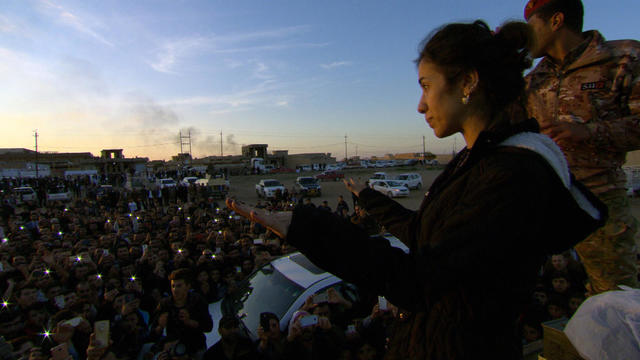
The 2018 Nobel Peace Prize recipient tells "60 Minutes" why she and her lawyer, Amal Clooney, want ISIS tried for war crimes and genocide

Scott Pelley reports the new developments in the impeachment inquiry into President Trump and speaks with voters and two members of Congress from both sides of the aisle who say the inquiry is necessary

House Speaker Nancy Pelosi, House Minority Leader Kevin McCarthy and House Intelligence Chair Adam Schiff talk with Scott Pelley about the impeachment inquiry of President Trump
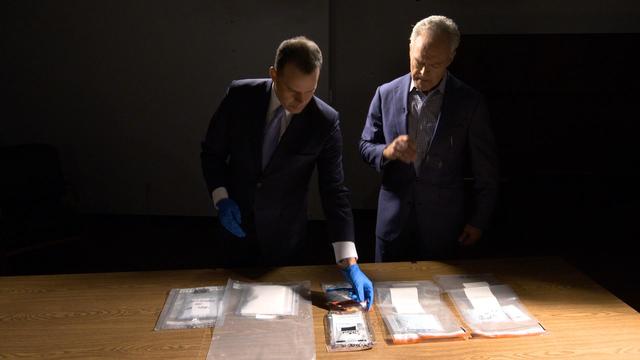
Fentanyl is 50 times more potent than heroin and is now available on the internet and can be delivered through the mail
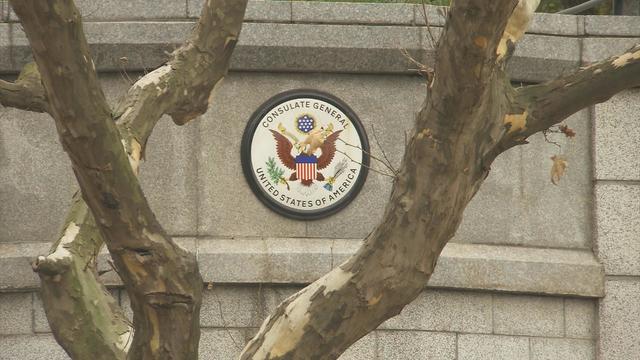
Since 2016, dozens of American officials have come home from Cuba and China with unexplained brain trauma. Evidence shows it may be the work of another government using a weapon that leaves no trace

Targets have included hospitals and municipalities, but the FBI says anyone on the internet should expect to be attacked by cybercriminals
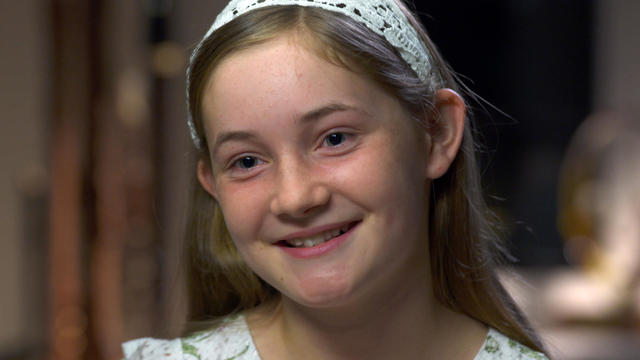
Alma Deutscher was playing piano and violin by the time she was 3 years old and wrote her first opera at 10. For her, making music seems as natural as breathing